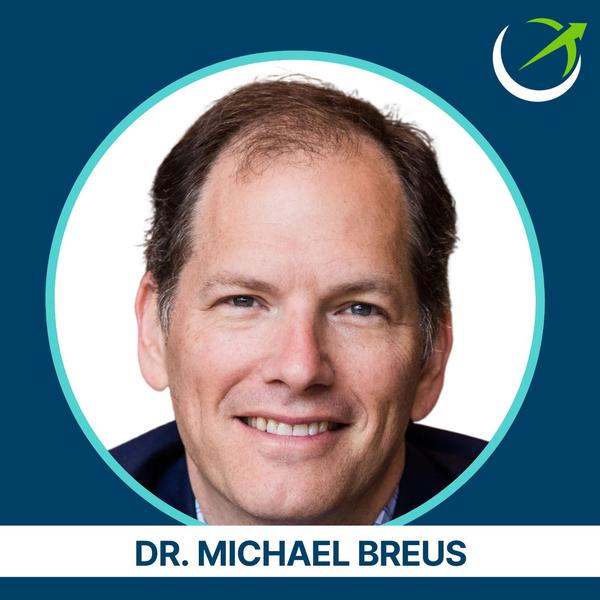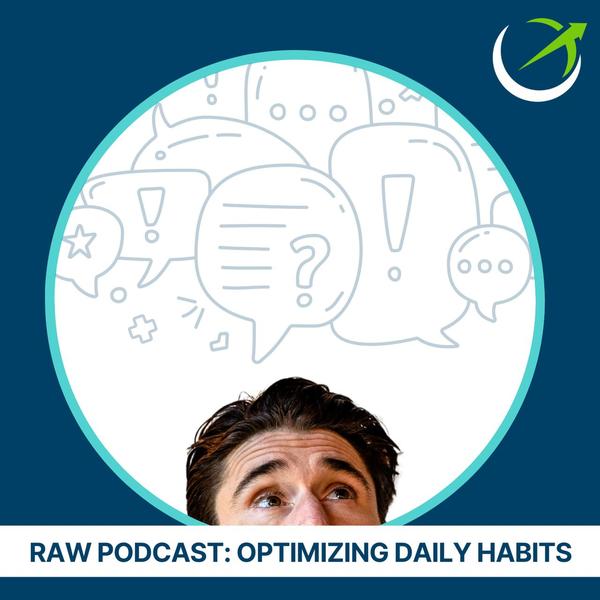Paper Mills, Peer Review Problems, P-Hacking & Everything Else BROKEN About Modern Science & Research Journals, With Emily Kaplan
Ben Greenfield
25 sept 2025
Mindsip insights from this episode:
Address reproducibility issues in cancer research
In an attempt to verify foundational research, the drug company Amgen found it could only replicate 11 out of 53 hallmark studies in cancer and hematology.
Combat paper mills to uphold academic integrity
A growing problem in academia is the existence of "paper mills," where researchers can pay to have their name added to a scientific paper that they didn't work on to boost their publication record for tenure.
Reform peer review system to ensure accountability and fairness
The peer review system for scientific journals often relies on unpaid, anonymous reviewers who may have a collusive, "I'll scratch your back, you scratch mine" relationship with the authors they are reviewing.
Recognize exhaustion in obesity as a result of high insulin levels
Due to chronically high insulin, an obese person's body cannot access its stored fat for energy, trapping them in a state of constant hunger and exhaustion.
Challenge amyloid plaque theory after retraction of foundational study
The influential 2006 paper that established the amyloid plaque theory of Alzheimer's was based on manipulated images, a fact that took until 2024 for the journal Nature to fully retract.
Focus on absolute risk over relative risk in health headlines
Health headlines often use relative risk to sound dramatic (e.g., a 120% increase), but the more important number is the absolute risk, which is often a tiny fraction of that.
Avoid p-hacking to ensure research integrity
It is relatively easy for researchers to manipulate study parameters like sample size to achieve a statistically significant P-value, a common practice known as "P-hacking.".
Eliminate seed oils to restore fullness signals and prevent fat accumulation
Seed oils can block the cellular signal (reactive oxygen species) that indicates fullness, causing cells to continue storing nutrients which can lead to fat accumulation on organs.
More from
Ben Greenfield
The Hidden Damage That Happens "Behind-The-Scenes" In The Adult Entertainment Industry, With Former Adult Actress Felicity Feline
Everything You Need To Know About SEED OILS (Including One Cool "Trick" To Make Them Less Damaging), With Dr. Nick Norwitz
How To COOL Your Body For Better Sleep, INCREDIBLE Travel Sleep Tips & Orion Vs. Eight Sleep With Dr. Michael Breus
The Untold Science Of Vibration Therapy & The “BioDrive” Breakthrough That Regulates Your Mind and Body, With Dr. Mike North
Optimizing Daily Habits: Snacking, Movement, Light Exposure, and More Wellness Hacks LIFE Network: RAW Podcast #3
You also might be interested in
AMA #76: Peter evaluates longevity drugs, aspirin for CVD, and strategies to improve muscle mass — proven, promising, fuzzy, noise, or nonsense?
Taurine.. Time to Throw it Away? Two New Studies
Improving Science & Restoring Trust in Public Health | Dr. Jay Bhattacharya
Dr. Boz: ‘The Great High Blood Pressure Scam’
Optimal Protocols for Studying & Learning















